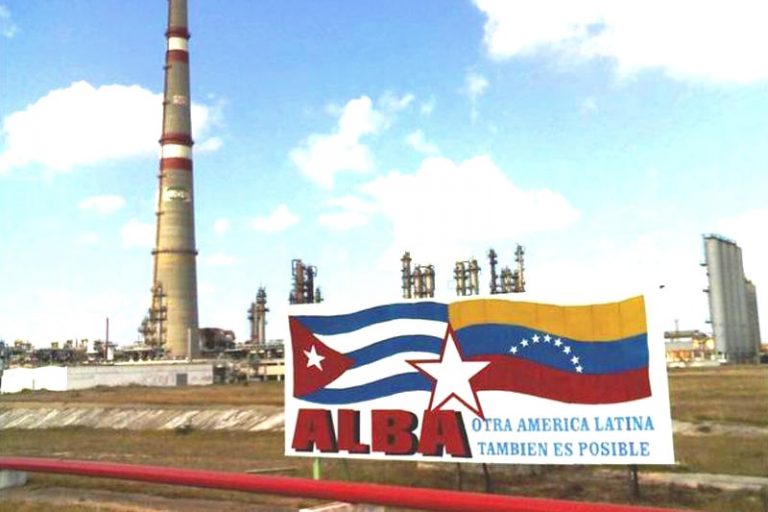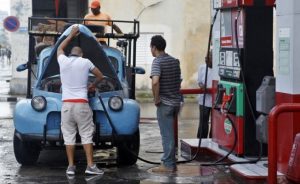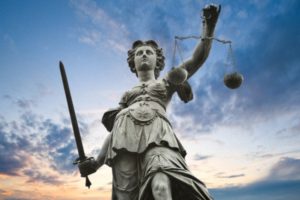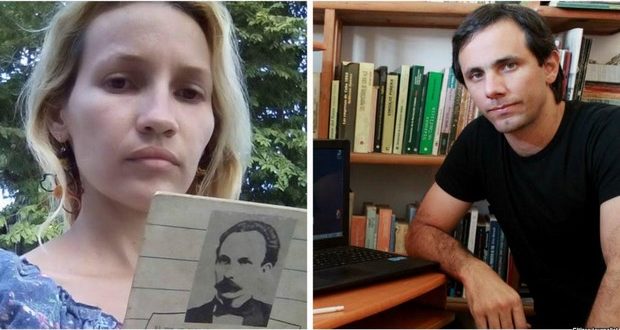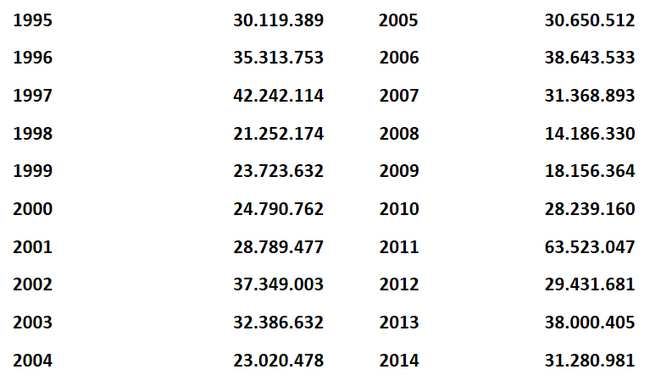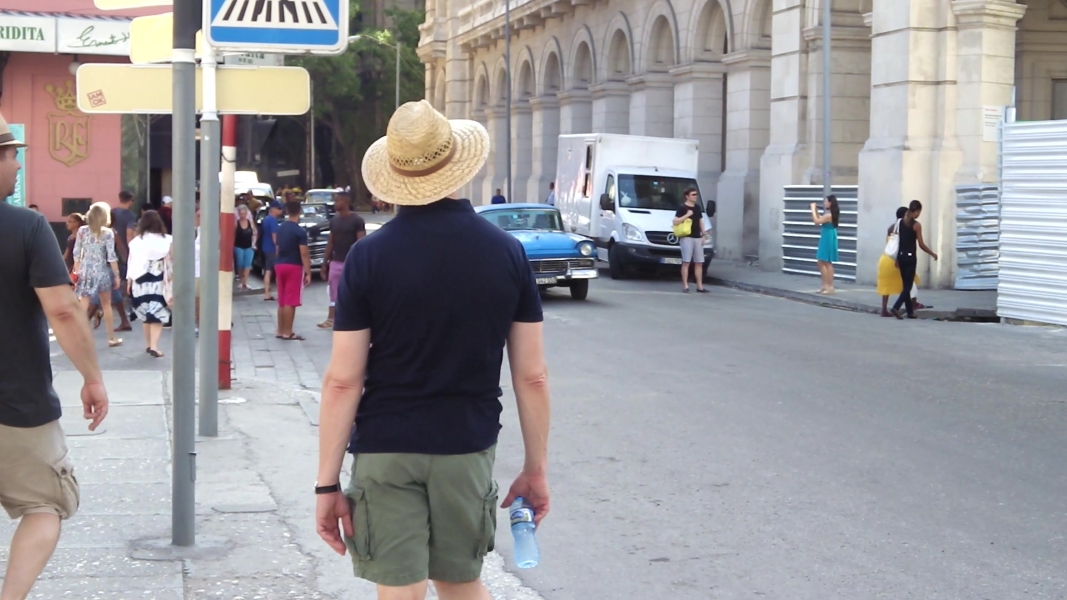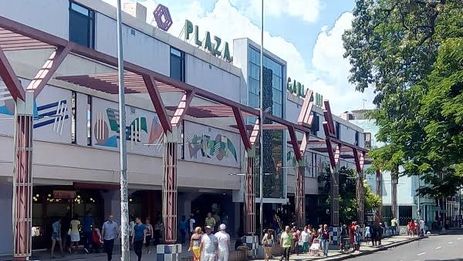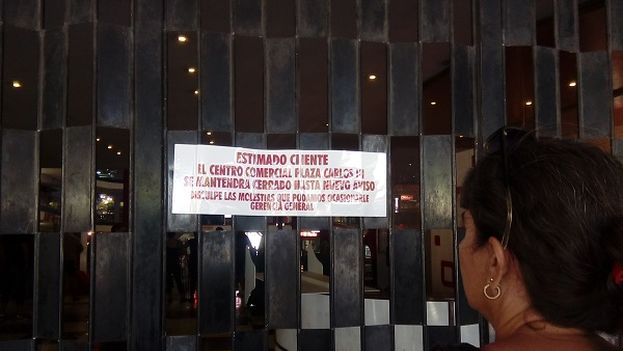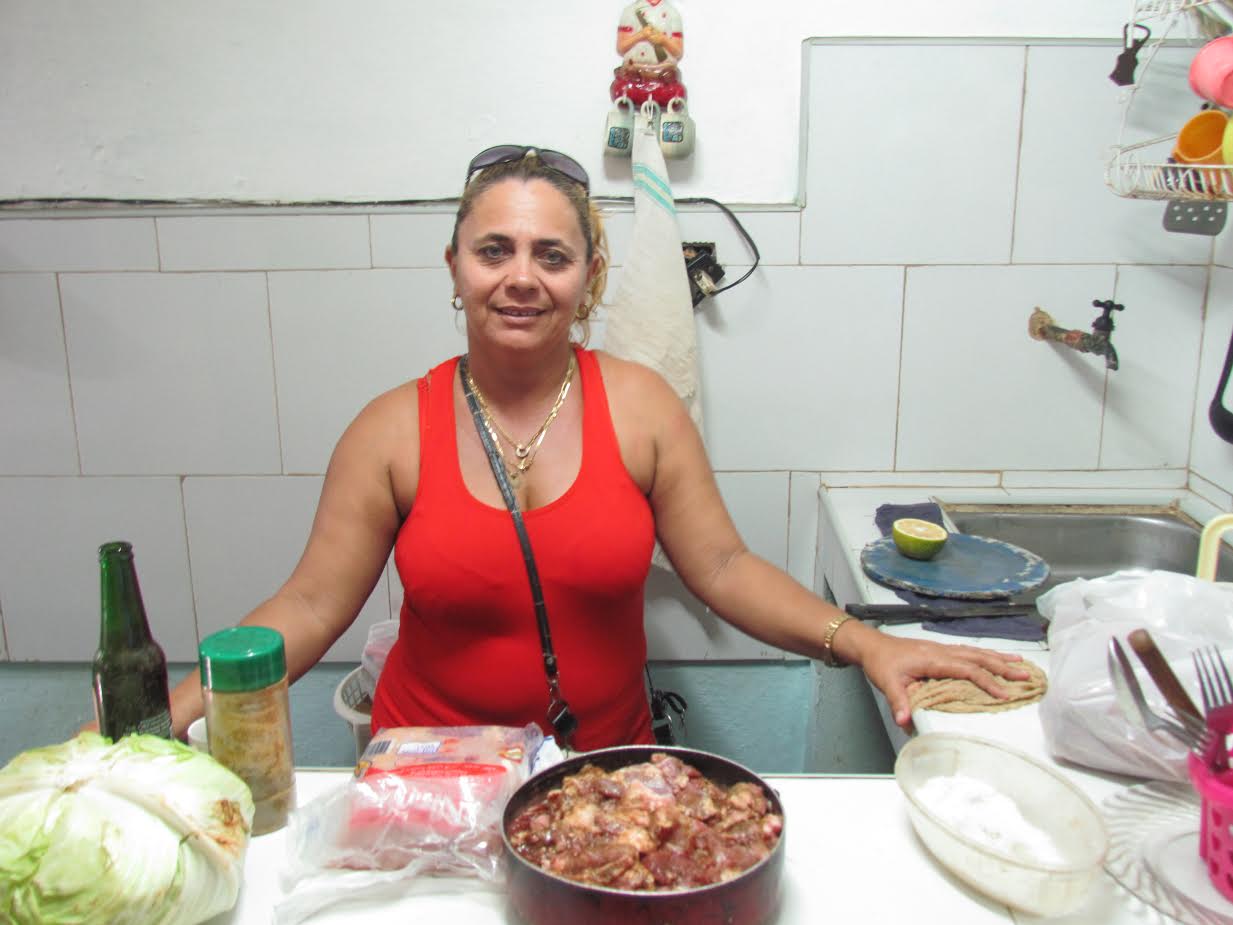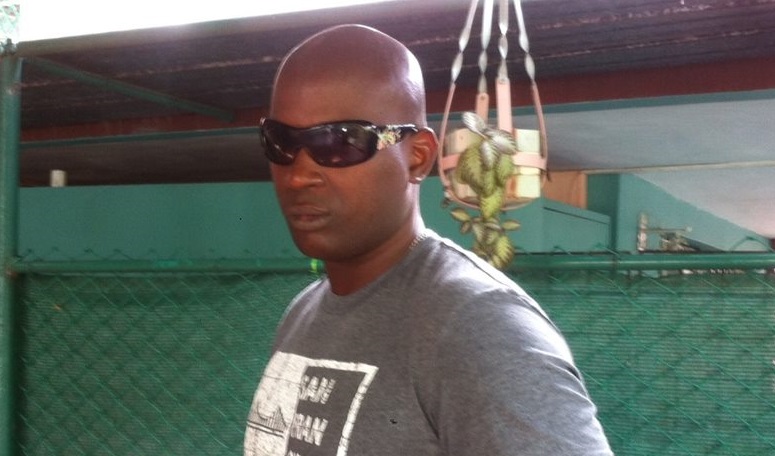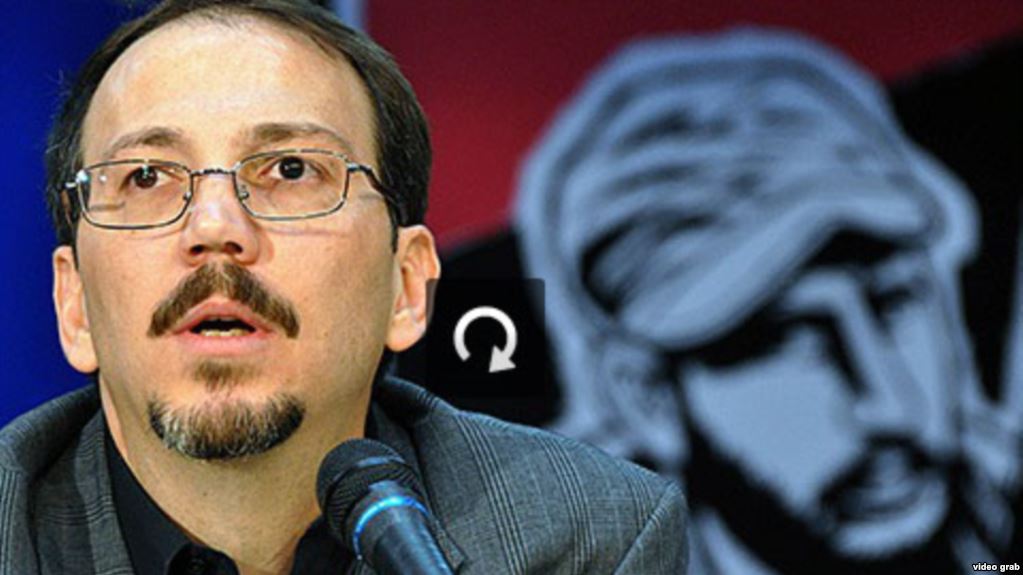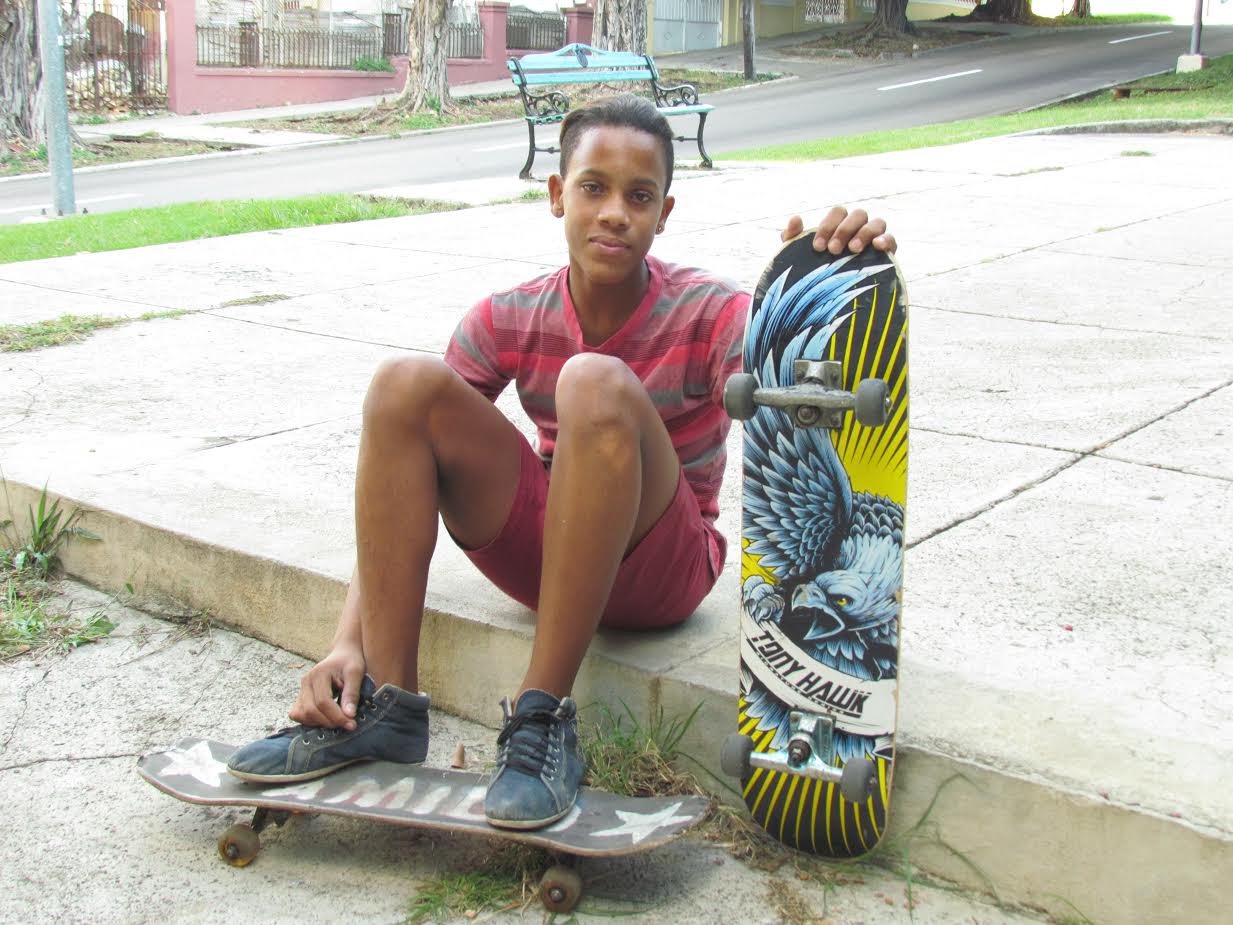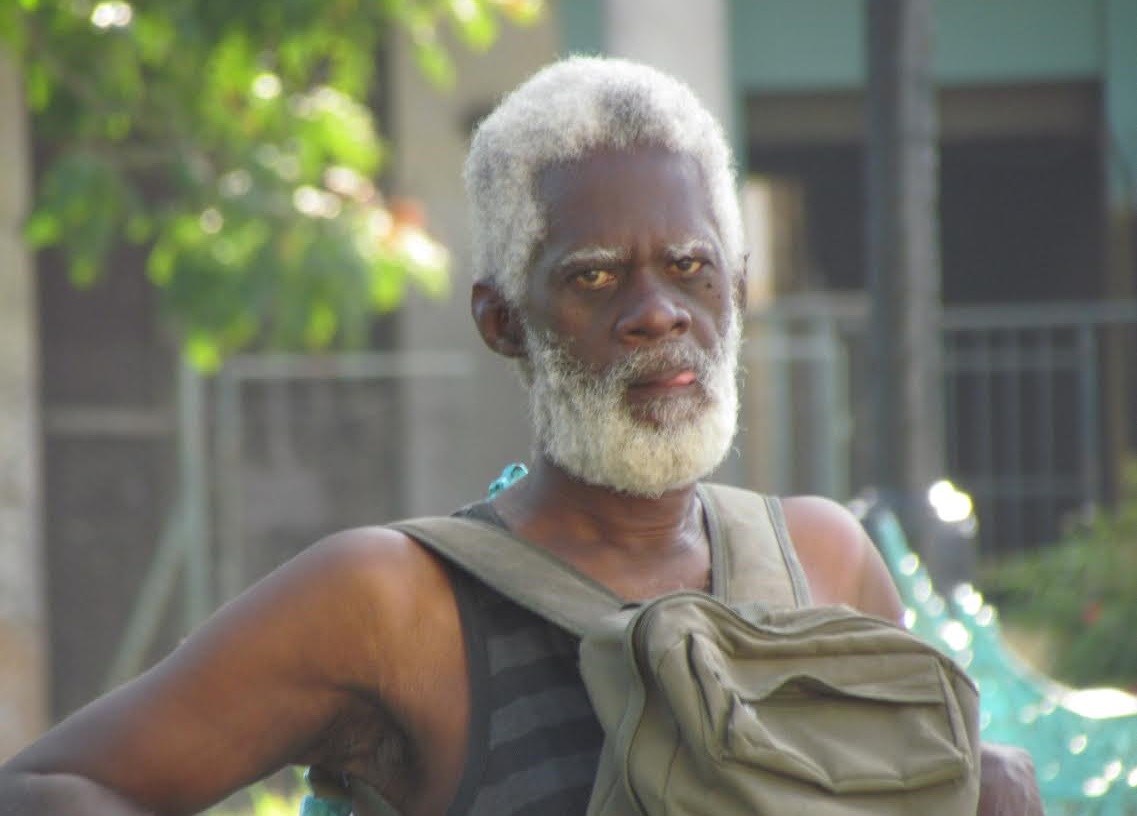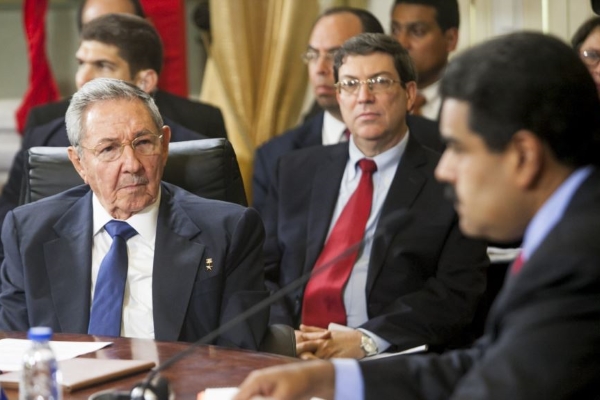
 Cubanet, Miriam Celaya, Havana, 18 April 2017 — According to an old adage, when you see you neighbor’s beard on fire, go soak your own*. The maxim should be applied to the elderly Cuban dictator, especially if we take into account that the erratic performance of Venezuelan President Nicolás Maduro is largely attributed to the bad advice he received from the founders of the Castro dynasty, in addition to the deficient or lacking mental capacity of the absurd southern leader.
Cubanet, Miriam Celaya, Havana, 18 April 2017 — According to an old adage, when you see you neighbor’s beard on fire, go soak your own*. The maxim should be applied to the elderly Cuban dictator, especially if we take into account that the erratic performance of Venezuelan President Nicolás Maduro is largely attributed to the bad advice he received from the founders of the Castro dynasty, in addition to the deficient or lacking mental capacity of the absurd southern leader.
It is disastrous that, while Venezuela is experiencing the worst political crisis of the last 20 years, most Cubans on the Island are not only lacking in information but – even worse — are being subjected to a real bombardment of misinformation by the government’s press monopoly. continue reading
As a result of decades of lies and “secrecy” — which journalist Reinaldo Escobar has defined as “the euphemism that disguises what is in reality a policy of censorship of the press” — and the requirements of the struggle for daily survival in a country marked by shortages and poverty in perpetuity, common Cubans live alienated from reality and are apathetic to any political scenario, whether inside or outside Cuba.
In fact, the shortage of information in the official Cuban media about what is happening in Venezuela is truly extraordinary, even though its government is the closest ally to the Palace of the Revolution. The presence of tens of thousands of Cuban professionals delivering their services to Venezuela should be sufficient reason for relatives and the population as a whole to be duly warned about the growing political tensions and clashes that are taking place between the government of Nicolás Maduro and his Chávez phalanges, on the one hand, and the opposition sectors supported by thousands of Venezuelans who are fed up with the regime on the other.
But if most Cubans may care very little about the fate of Venezuelans, for which the lengthy meddling of the Cuban dictatorship has so much responsibility, they should, at least, worry about the fate of their countrymen, volunteer slaves in Venezuela, where violence, growing poverty and political polarization make them potential victims of circumstances that, after all, are alien to them.
Who doubts that a possible situation of social unrest and chaos would constitute a colossal danger for the Cuban “missionaries” of health and other fronts of the Castro-Chávez alliance who remain in Venezuela? Does the Cuban General-President have any contingency plans to protect them? Or will he launch them as cannon fodder to defend the autocratic system with totalitarian aspirations that the Castro regime has sown in Venezuela? Will we be witness to a second Grenada, like that of the late Maurice Bishop, where in 1983 Castro the First ordered unassuming Cuban construction workers to offer themselves up against US marines in a sacrifice as irrational as it was absolutely useless?
Venezuela is now a time bomb where the population is satiated with more gloom and the outrages of government than even opposition parties and leaders, a place where the citizens are playing all their cards in street demonstrations. And, while tensions and violence of the “collectives” and police forces are increasing, and the government’s repression against the demonstrators, torture against detainees and arrests against journalists attempting to cover the truth of events are also on the increase, the Castro regime, accessory to Venezuelan suffering and perverse to the marrow, remains silent.
Word is that the immediate future of Venezuela will be defined next Wednesday, April 19th. No one can predict if that day, when the streets will be taken over by supporters and opponents of the Chávez-Maduro government will end in a bloodbath, only to perpetuate another dictatorship in Latin America or to end the most ambitious extraterritorial plan of the Castro Clan. For now, Mr. Nicolás Maduro has already made clear that his path is one of repression, while thousands of Venezuelans remain determined to regain freedom and democracy.
In such a scenario, the Venezuelan Armed Forces could be the key factor to support its own people or to sell its soul to the merchants of the Miraflores Palace or to the infiltrated Cuban officials in the high command of the army of that country, but in any case, XXI Century socialism, which in its heyday proclaimed itself to be “the peoples’ alternative,” has lost the match prematurely, for no decent government or respected international organization will support a government that is imposed by blood and fire.
It is precisely for this reason that the old fraudsters at Havana’s Palace of the Revolution continue to keep discrete silence. They are waiting to see how this hand ends. They count on the proverbial meekness of Cubans, lacking in Venezuelans’ will and courage, but knowing that with Maduro deposed they would lose their last strong political ally in the region and one of their main sources of oil and capital that still sustains them in power, in return for which they lease out their slaves in the form of doctors, teachers, sports coaches, etc.
It is impossible to imagine what new tricks the General-President and his clique may be plotting in order to find a non-“Bolivarian” alternative to the crisis ahead. They have their work cut out for them. It’s not always possible to find allies with the features of the Venezuelan government — brutality, corruption and compromise – all in a neat package, that has enabled the Castro regime for almost 20 years to fully manipulate, for Cuba’s benefit, the riches of Venezuela, and thus extend its own power. They will no doubt think of something, but it is likely that, in order to stay in the game, they will have to satisfy certain conditions to even minimally fulfill their role as “a democratic dictatorship” for the world. For now, in the midst of all the storms, presumably they are soaking their beards*.
*Translator’s note: Akin to the expression in English that begins: “When your neighbor’s house is on fire…”
Translated by Norma Whiting

